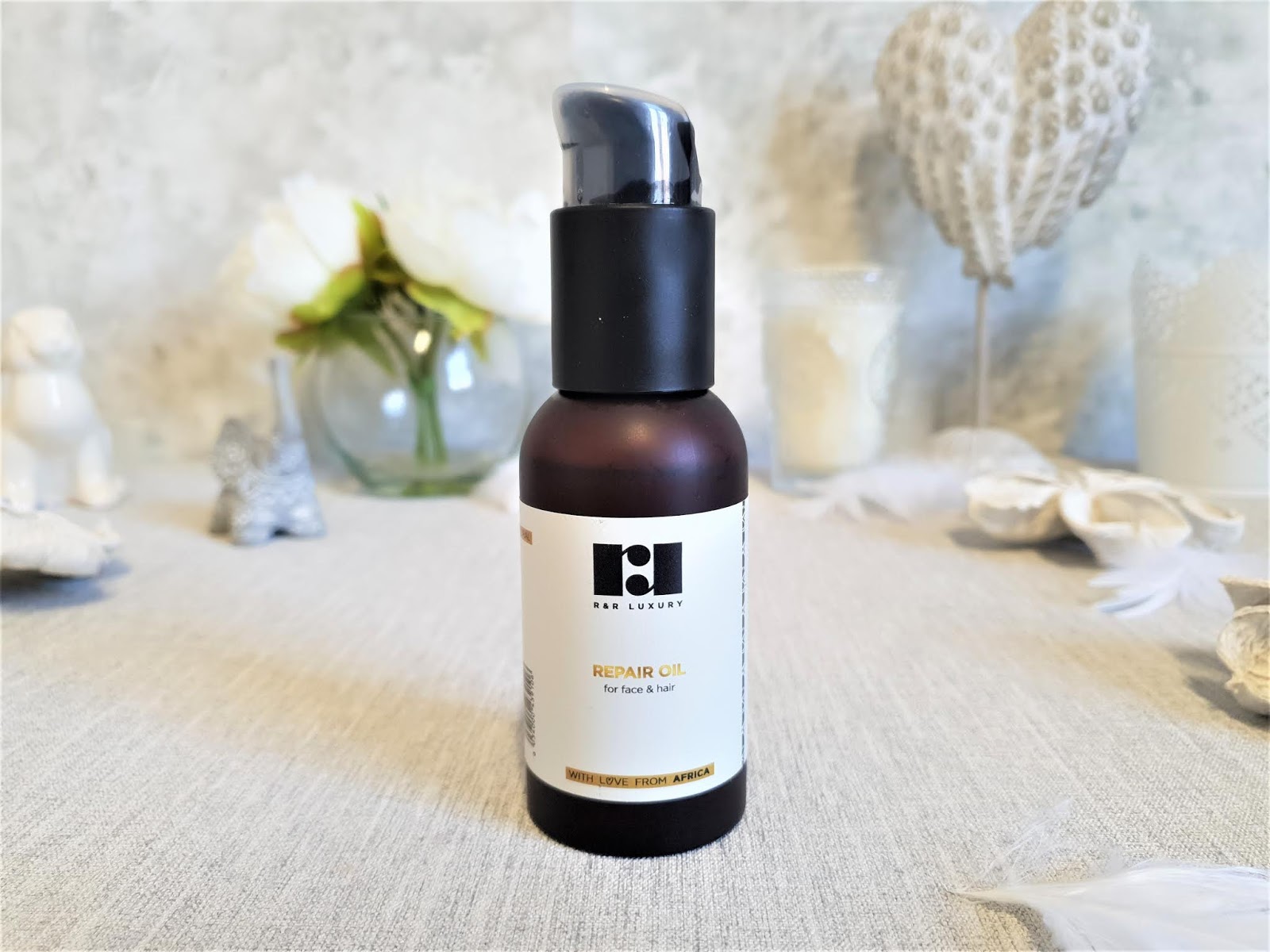No products in the cart.
A Guide to Facial Acids for Sensitive Skin
Facial acids have become a relatively new phenomenon in the skincare world. Acids are active ingredients that can lower the pH levels of the skin. While bringing the pH level down, it then puts the skin into an acidic state. These acids work to digest and dissolve those dead skin cells, the glue that is holding the expired, dry cells together.
There are a lot of questions around its benefits, risks, and which ones are best for normal, dry, combination, and sensitive skin. Sensitive skin can be especially difficult to create skincare routines. You need to determine what is gentle enough or on the contrary, what will burn, itch, or cause a breakout. I know that the mere thought of putting acid onto your skin can seem rather horrifying but there are so many products that can do WONDERS for your skin. The key is to find the right one for you. The solution for sensitive skin is quite simple, use a variation of PHAs:
What to Use:
What are PHAs? They are acids that are great due to their larger molecular structures. Essentially meaning that they are way gentler and less irritating on the skin. These acids stay on the surface of the skin, causing less damage and inflammation while still providing exfoliation and buffing properties like other acid treatments. PHAs are also loaded with antioxidants that boost your skin and help to alleviate existing irritation.
But just because it penetrates less than other acids doesn’t mean that they’re not EFFECTIVE. Lactiobionic Acid is a type of PHA that helps gently exfoliate dead skin cells that cause dullness and rejuvenates your complexion by increasing cell turnover. A few other benefits are:
• Brightens skin due to its increased cellular turnover rate to prevent buildup
• Makes marks disappear by aiding in the reduction of hyperpigmentation
• Helps to hydrate the skin through collagen properties
• Protects the skin against further sun damage
• Prevent clogged pores
• improves uneven tones
Gluconic/Gluconolactone acid is another type of PHA that is great for sensitive skin. Its properties have many similarities to Lactiobionic acids, but its main attraction is that its properties are naturally attracted to water. Therefore, when the ingredient is applied to the skin, these molecules pull molecules out of the air and allow it to be absorbed by the skin. Why is this important? By coupling with water droplets from the air, gluconolactone helps to replenish lost moisture and soothe/soften dry skin. It also forms a barrier on the skin, preventing tissue that is already present in the moisture from evaporating.
Recommended products: Neostrata Bionic Face Cream, Exuviance Evening Restorative Complex, Dr. Jart Dermaclear Micro Milk Peel
Let’s see that skin glow!

Alternatives to PHAs
PHAs are especially great for super sensitive skin, but there are a couple of other acids that are well worth it which are Azelaic and Lactic Acids:
Azelaic acid is great if you’re acne-prone with sensitive skin. It is a topical cream that works by killing the bacteria that causes acne and helps clean the pores. Azelaic is great for sensitive skin, rosacea, and evening out pigmentation.
Lactic acid is an AHA (alpha hydroxy acid) which helps loosen and remove clogs, prevent future clogs from forming and reduces acne scars. Its type is most hydrating of all the acids and is especially used for sensitive skin that needs more hydration in the skin due to it having a more delicate skin barrier. What an amazing exfoliant that works to help remove the top layer of dead skin.
Recommended products: The Ordinary Azelaic Acid Suspension 10%, Lactic Acid 10% + AHA
Incorporating Acids into your Daily Routine:
So, now you know a bit more about what acids to use and its benefits. When it comes to incorporating it into your daily skincare routine, take it slow. Like many other chemical exfoliants, PHAs can still cause some irritation – especially in the beginning. It is important for you to ease into using these products. A strong suggestion is to use it just a few days a week until you build up your tolerance to use it every day.
Let us know your thoughts down below if these acids work or share with us what works best for you!





